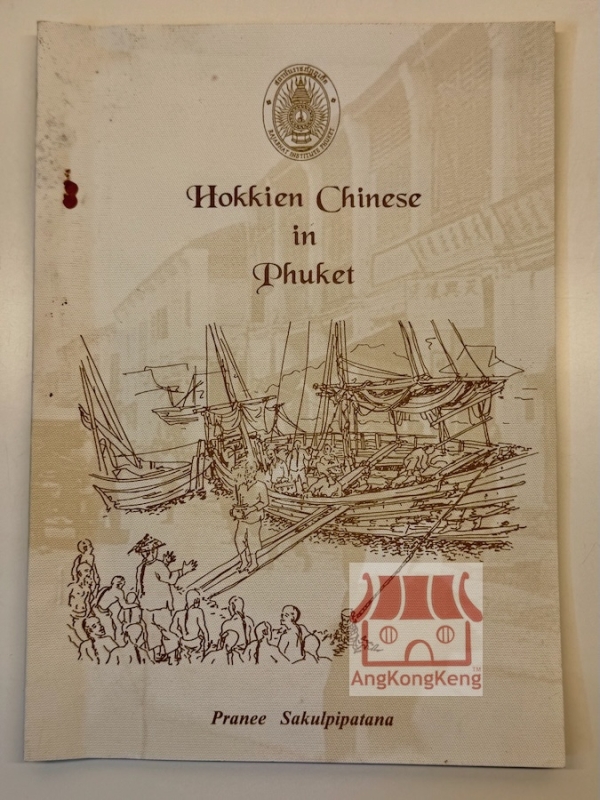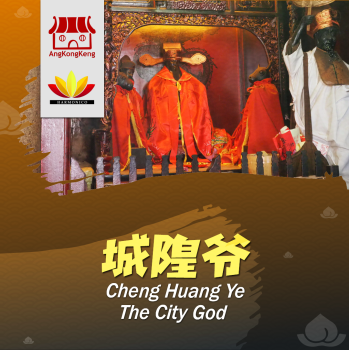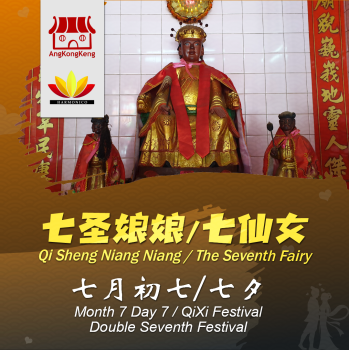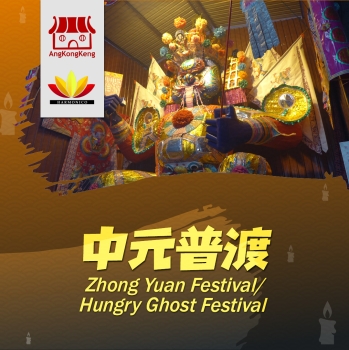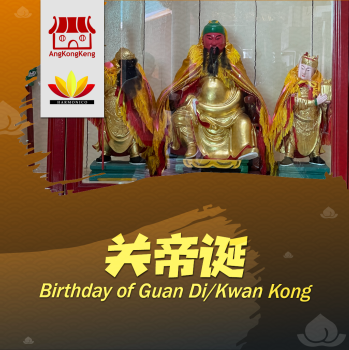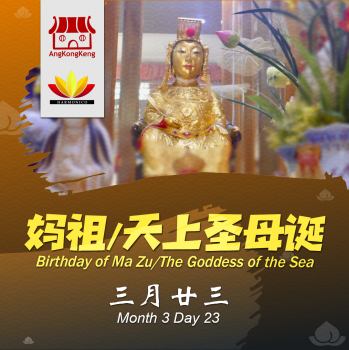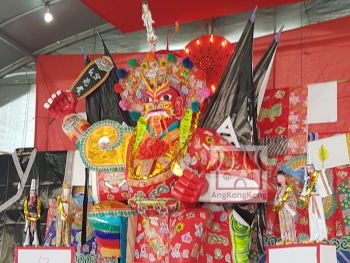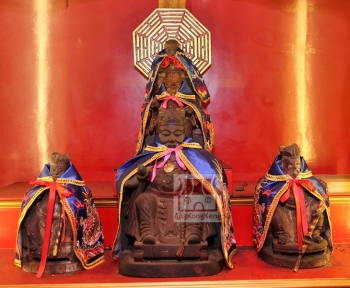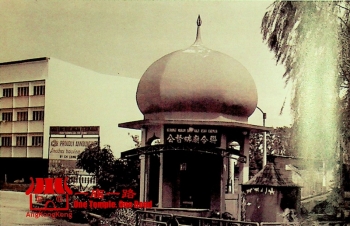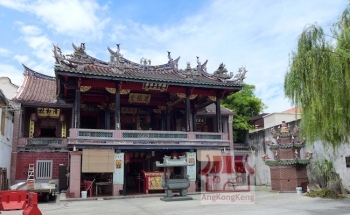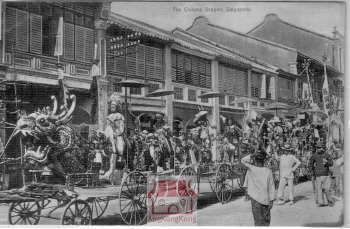各类资讯
玉皇大帝诞辰日为农历正月初九。 在这一天,道教庙宇举行玉皇大典,道士和居士都会跪拜、烧香和供素。The Jade Emperor's Birthday is on the 9th day of the first lunar month.
城隍爷(“守护城河和城墙之神”或“界神”),是华人传统信仰中的地方守护神,是保护特定领域(比如城镇或村庄)以及当地居民的神灵。Cheng Huang Ye (literary “God of the Moat and the City Walls" or “God of the Boundary”) is commonly known as the City God.
七圣娘娘,又叫七娘妈、七娘夫人、七星夫人。农历七月初七日是娘娘的圣诞,也就是七夕、乞巧节。Qi Sheng Niang Niang is also known as Qi Niang Ma or the Seventh Star Empress. Her feast day takes place on the seventh day of the seventh Lunar Month, and is known as the Qi Xi Festival (The Seventh Night) or the Qi Qiao Festival.
农历七月半是道教的中元节或中元普渡,也是佛教的盂兰盆节,在东亚一些国家这是一个重要的传统节日。The Zhong Yuan Festival in Taoism or Yu Lan Pen Festival in Buddhism, often called the "Hungry Ghost Festival", is a traditional event in certain East Asian countries.
关帝一生忠义仁勇,坚贞不二,为道、儒、释三教崇信。Guan Di is a deity worshipped in Chinese folk religion, popular Confucianism, Taoism and Chinese Buddhism.
妈祖,亦称天后、天妃或天后圣母,是中国民间信仰中的海洋女神。Ma Zu is a Chinese Goddess of the Sea.
POH HOCK SEAH is also well known for organising Chingay processions with decorated floats in honour of the deity Tua Peh Kong on many occasions. In pre-war years, there used to be an annual procession, (sometimes on a grand scale), held in honour of Tua Pek Kong.
草創時期早在1910年左右,廟址地帶出現一個土堆,乩童每次都看見白衣白帽的拿督公身影,于是在該處開始祭拜拿督公。隨着信衆的增加,乩童與善信建起亞答屋之簡陋神廟以奉祀拿督公。
福德正神廟,也稱爲福德祠,座落於梹城本頭公巷57號。寶福社附屬於福德正神廟,位於該廟之樓下。該廟樓上則有其他三個附屬之構。樓上正中爲祭拜神農大帝之同慶社,神農大帝爲農民所尊拜之神明。同慶社與日落洞之淸龍宮有聯繫。神農大帝之聖誕爲農曆二月十四日。
The Hock Teik Cheng Sin Temple or Hock Teik Soo is situated at No. 57 Armenian Street, Penang. Poh Hock Seah, which is affiliated to Hock Teik Cheng Sin Temple, is located on the ground floor. On the upper floor there are three other associations also affiliated to the Hock Teik Cheng Sin Temple. At the centre is Tong Kheng Seah which worships Sin Long Tai Tay, the Patron Saint of farmers and agriculturists.
19世纪的英文报章一般都用“游行”(procession)或“宗教游行”(religious procession)这类笼统的字眼,形容闽粤两帮的历年赛神会。这种情况到了19世纪80年代出现改变——英文报章开始以“chingay”作为这类赛神绕境队伍的名称。首先是“chiangay”出现在1879年11月18日《海峡时报》对槟城赛神活动的报道。



